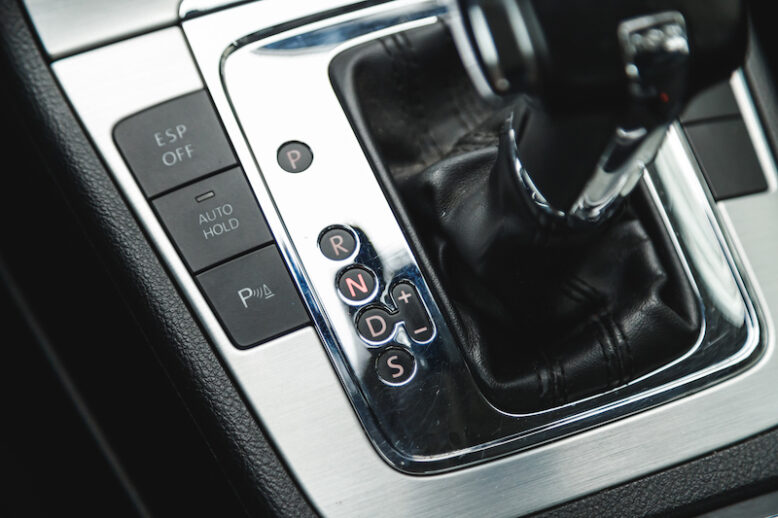Did you know that there are numerous ways to translate the word “crazy“ into Italian? One of the most frequently used translations is the adjective folle, which happens to be our word of the day!
folle
crazy / foolish

The word comes from the Latin follem, meaning inflated ball or bellows, and by extension, an empty-headed person. It shares the very same origin as the English words folly and fool, making it quite easy to remember.
It retains its form regardless of whether it modifies a masculine or feminine noun, but becomes folli in the plural.
- l’uomo folle = the crazy man
- la donna folle = the crazy woman
- gli uomini folli = the crazy men
- le donne folli = the crazy women

Folle is frequently used to characterise individuals displaying unconventional attitudes and behaviours, but it may also describe things that are unrealistic or unattainable.
La mia vicina di casa era folle. Tutti lo sapevano.
My next-door neighbour was crazy. Everybody knew it.
Ho sempre pensato che il progetto fosse folle e irrealizzabile.
I always thought the project was crazy and unfeasible.
It can also refer to those who recklessly undertake high-risk endeavours, even when it isn’t necessary.
Sei stato folle a sfidarlo.
You were crazy to challenge him.

Sometimes you may see it used in hyperbolic sense to describe very strong or uncontrollable emotions or feelings, as in un amore folle (a crazed love) or una folle gelosia (an uncontrollable jealousy).
Aveva una paura folle dei ragni.
He had an uncontrollable fear of spiders.
The expression in folle, in automotive terms, means in neutral (gear).
- essere in folle = to be in neutral gear
- girare in folle = to idle
- mettere in folle = to put into neutral gear
- andare in folle = to freewheel

Folle serves not only as an adjective but also as a noun, denoting individuals who are mentally disturbed. Some potential English equivalents include psycho, nut, nutter, or lunatic, among others.
Non voglio avere nulla a che fare con quel folle.
I don’t want to have anything to do with that nutter.
Related to folle is the adverb follemente meaning crazily.
Important: Two close synonyms of folle are pazzo and matto. In everyday spoken Italian, the three terms tend to be used interchangeably.
Note that folle is also the plural of the noun folla (crowd). The noun folla is etymologically unrelated to folle the adjective.
Heather Broster is a graduate with honours in linguistics from the University of Western Ontario. She is an aspiring polyglot, proficient in English and Italian, as well as Japanese, Welsh, and French to varying degrees of fluency. Originally from Toronto, Heather has resided in various countries, notably Italy for a period of six years. Her primary focus lies in the fields of language acquisition, education, and bilingual instruction.


